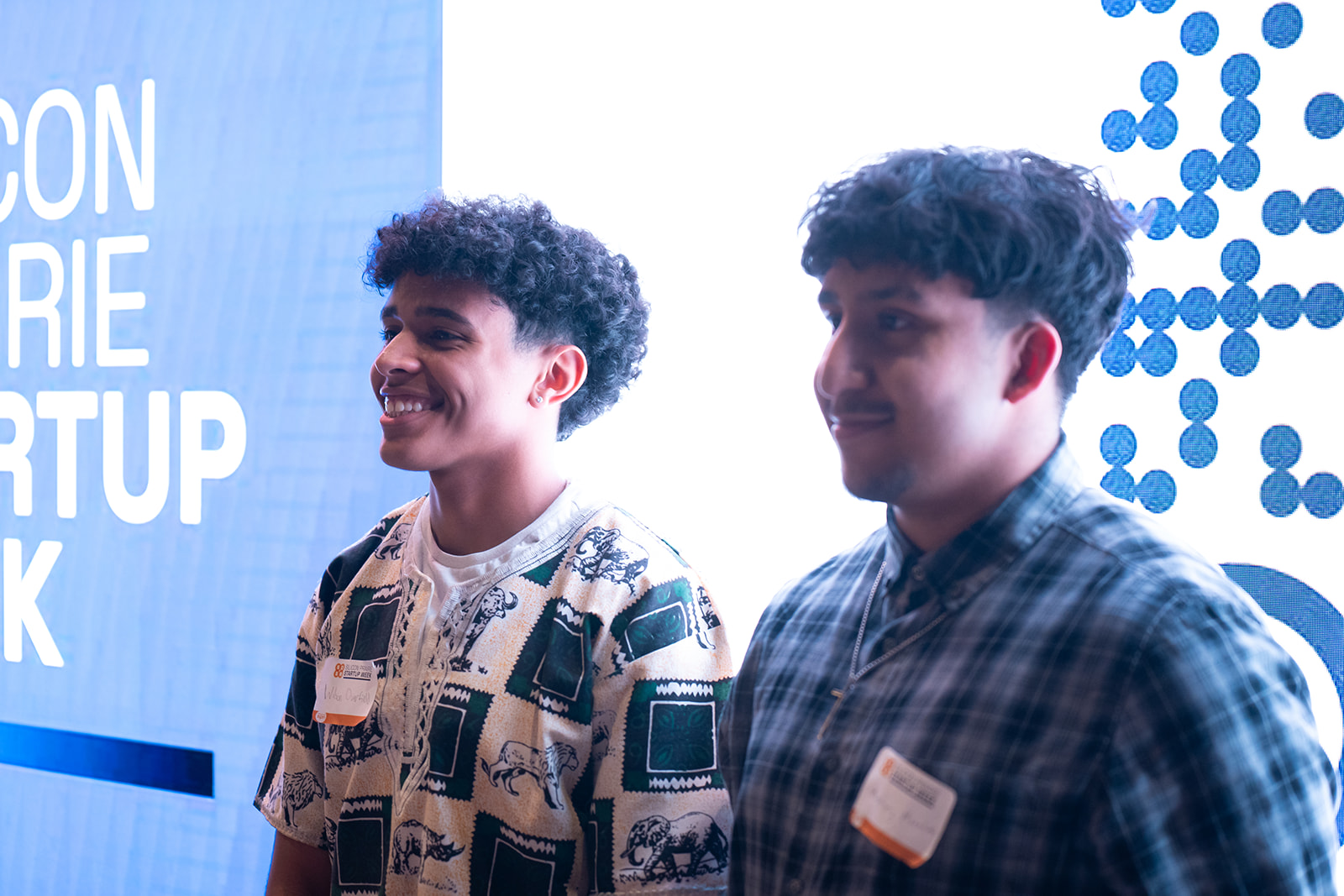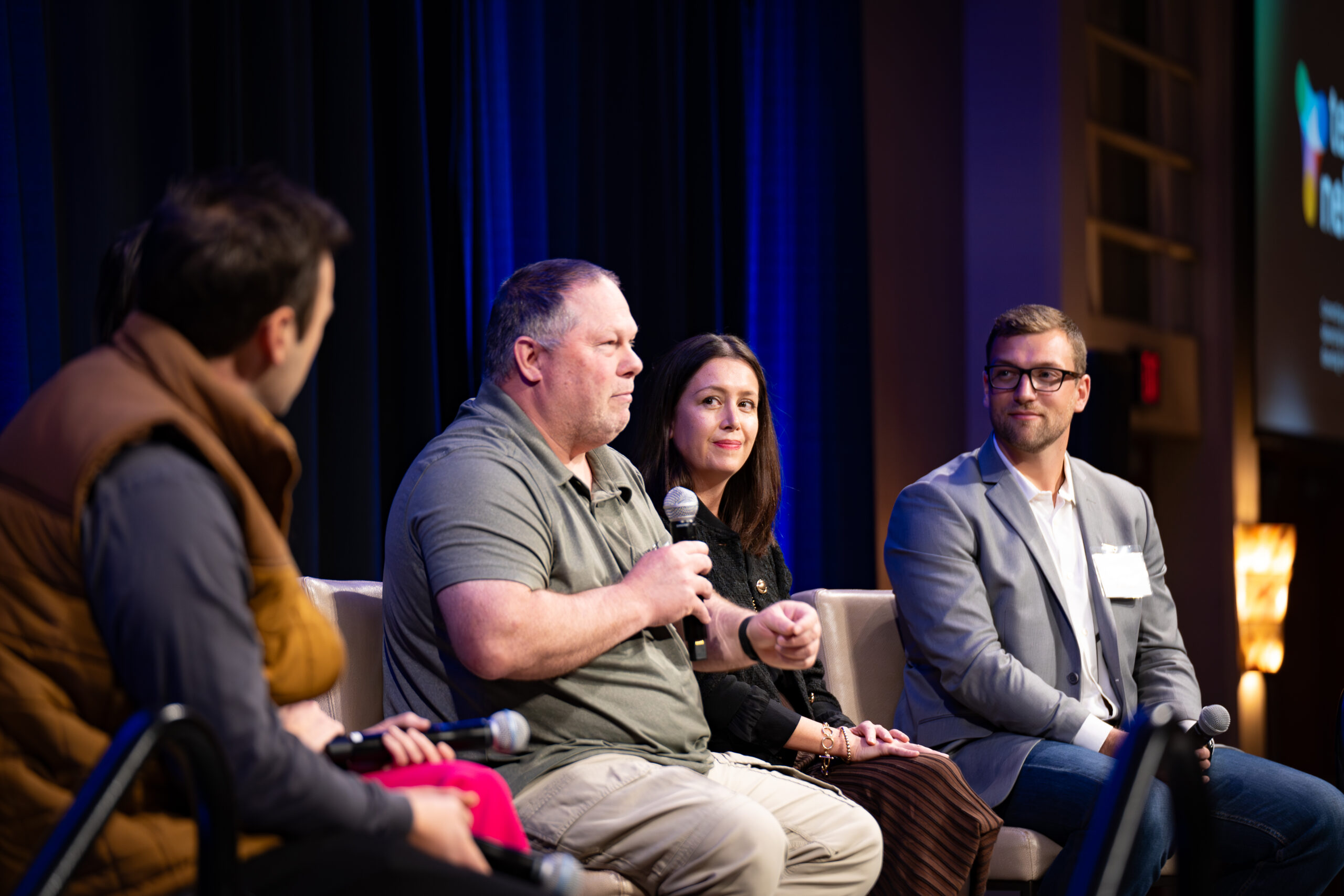
There’s nothing quite like quality face time with enthusiastic users and a big IPO from a competitor to renew a startup’s zest for pursuing aggressive growth.
That’s a lesson learned recently by Brad Dwyer, the Panora, Iowa-based founder of Hatchlings. Dwyer created Hatchlings, a Facebook game that revolves around finding, collecting and hatching virtual Easter eggs, in 2008, when he was a student at Iowa State. A few years into the venture, Dwyer started mulling the idea of selling the company or otherwise reducing his involvement to free up time for other projects.
Not anymore. In a phone interview today, Dwyer talked about Hatchlings bringing aboard two new full-time employees — that bumps the team to six, including four full-timers — and discussed how he’s rekindled the entrepreneurial spark he had when he first began working on Hatchlings.
“I kind of have been reinvigorated,” Dwyer said, “and interested in going into sort of a re-startup phase.”
The company’s new hires include Lyndsay Clark, a UI-UX designer who works in the Liberty Building in downtown Des Moines. Between Clark, a Houston-based illustrator whom Hatchlings recently brought on full-time and a full-time marketing specialist the company’s planning to hire, Dwyer said he’s addressing one shortcoming from the startup’s early days.
“One of the mistakes I realized that I made early on was not getting enough help,” Dwyer said. “To this point, I’ve been doing a lot of stuff that is not my expertise, so it’s going to be one of our core focuses to expand the team and bring on the best people for the job going forward.”
A big part of that job will be launching Hatchlings 2.0. A beta release of v2 is tentatively scheduled for February, with a full launch anticipated before Easter. Dwyer didn’t discuss the new release in depth, but he said more details will emerge soon and that the new version is “based a lot on user feedback and kind of rethinking … how to organize things better so that we can serve the needs of our users better.”
Dwyer’s newfound vigor for Hatchlings seems to spring from a couple of sources. For one, he has traveled a lot in recent months, providing him an opportunity to interact with Hatchlings users at meetups all over the globe.
“Talking to our users and hearing what they want and what they like about the game has really given me a lot of ideas for what we can do going forward,” Dwyer said. “And it’s kind of reinvigorated that sense of fulfillment of the game.”

A live traffic map from last week illustrates the global user-base Hatchlings has built. Image from Geckoboard/Chartbeat.
Dwyer also said recent buzz about Zynga, another social gaming startup that raised $1 billion with its IPO earlier this month, caused him to think a lot about Hatchlings.
“They started up right around the same time we did, and they made some different decisions at the beginning and going forward,” Dwyer said. “And I think that’s one of the big takeaways that I’ve had from the first startup phase is that I didn’t think big enough, and, you know, I didn’t maybe pursue some opportunities as aggressively as I should’ve.”
Even so, Hatchlings has been a picture of profitability from the outset. And the numbers today are impressive:
- Almost 3 billion eggs collected by users
- More than 1,100 different types of eggs split into 71 collections
- More than 7 billion pageviews
- More than 15,000 concurrently playing users when a new egg is released
- Users from all 50 states and, according to Google Analytics, 198 countries/territories
The company’s current expansion is being funded entirely by its revenue, which comes mostly from subscriptions and payments for in-game upgrades. The venture has required zero outside investment other than a small expenditure by Dwyer to get things off the ground.
“The only external funding was the initial $100 I put in back in ‘08 when we launched,” Dwyer said, “and it’s just snowballed from there.”
And, if things play out as Dwyer envisions, the future will resemble those early days — sans a few early missteps he’s learned from along the way.
“I started this in my dorm room basically, just kind of as an accident it kind of took off, and then I had to kind of learn on the job,” Dwyer said.
“Going forward, hopefully we’re going to learn from those mistakes and do some things better this time,” he added. “And those will hopefully help us be a bigger breakout success.”




